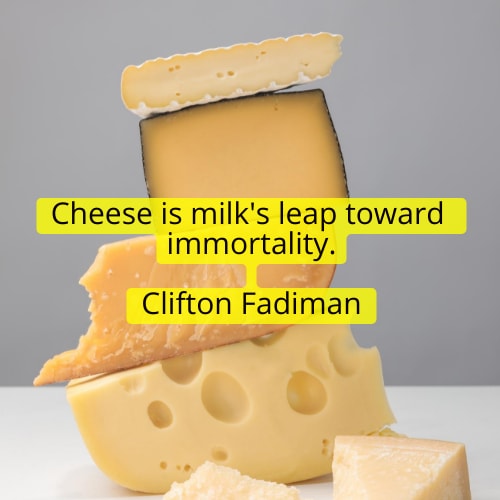A German grocery store charged customers the ‘true price’ of their food, and one cheese was almost twice as expensive
Williams Sonoma
-
German supermarket Penny raised prices on meats and cheeses to reflect their “true cost” last week.
-
That means considering the long-term cost to the environment and human health.
-
The prices of some items nearly doubled, while one vegan product only increased in price by 5%.
German discount supermarket Penny, asked customers to pay a little more for items such as meats and cheeses to reflect their “true cost” on the environment and people’s health.
At all 2,150 branches, the supermarket raised prices for nine products based on calculations from two German universities, taking into account costs related to climate, soil, health, and water use.
One brand of maasdam cheese rose from €2.49 ($2.74) to €4.84 ($5.33), a 94% increase. Scientists determined that maasdam cheese production costs 85 cents for emissions such as methane, 76 cents in soil damage from farming practices, 63 cents from pesticide use, and 10 cents from groundwater pollution.
Mühlenhof wiener, a brand of sausage, increased from €3.19 ($3.51) to €6.01 ($6.62), an 88% rise. Other products, such as various cheeses and meats, spiked upwards of 60%.
By contrast, one brand of vegan schnitzel only rose 5%, suggesting some vegan products have minimal long-term environmental and health costs.
Germany, which is Europe’s largest economy, has some of the continent’s cheapest grocery prices. Germans spent an average of just 11.8% of their household budgets on food in 2021, much lower than the European Union’s average of 14.3%.
According to the US Department of Agriculture, Americans spent around 11.3% of their disposable personal income on food last year. Consumer Price Index data for July, released on Thursday, showed the food index increased 0.2% from June, increasing 4.9% year over year.
Despite Germany’s recent drop in inflation, food prices still remain 11% higher this month compared to 12 months ago.
The company temporarily hiked some prices to comment on how food prices are not fully…
..


